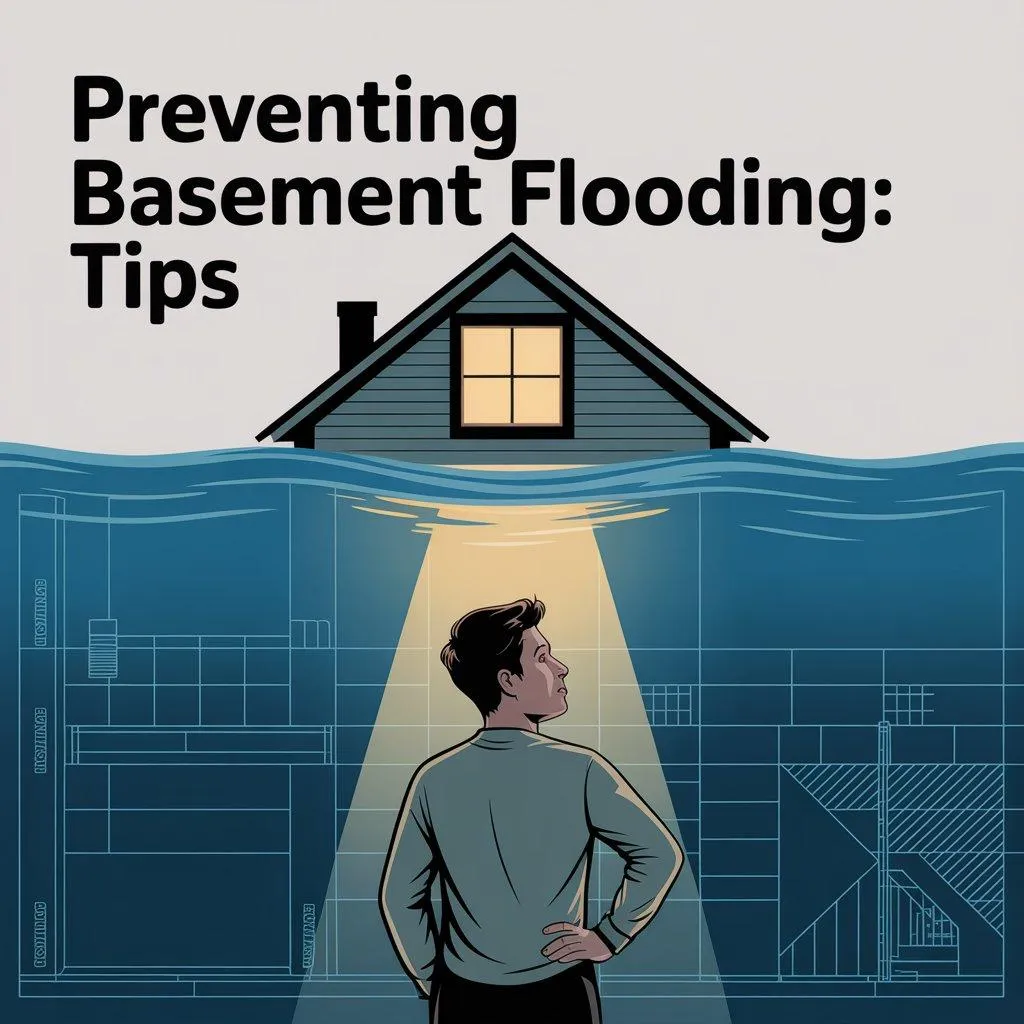Restoration Advice & Tips | Restoration 1 St. Louis Blog

Preventing Basement Flooding: Tips for St. Louis Homeowners
Basement flooding is a common problem for many St. Louis homeowners, especially during heavy rainstorms and seasonal snowmelts. Flooded basements can cause significant water damage, mold growth, and structural issues. This comprehensive guide offers practical tips for basement flooding prevention, ensuring your home stays dry and safe.
Understanding the Causes of Basement Flooding
Before diving into prevention tips, it’s essential to understand what causes basement flooding in St. Louis. Common factors include:
Heavy Rainfall: Excessive rain can overwhelm drainage systems and seep into basements.
Poor Drainage: Clogged gutters, downspouts, and grading issues can direct water toward your foundation.
Foundation Cracks: Small cracks in your foundation can allow water to seep in.
Sump Pump Failure: A malfunctioning sump pump can lead to water accumulation.
Sewer Backup: Blocked or overloaded sewer lines can cause water to back up into your basement.
Essential Tips for Basement Flooding Prevention
1. Maintain Gutters and Downspouts
Keeping gutters and downspouts clean is crucial to directing rainwater away from your home.
Clean gutters regularly to remove leaves and debris.
Ensure downspouts extend at least 6 feet away from your foundation.
Consider installing gutter guards to reduce debris buildup.
2. Inspect and Seal Foundation Cracks
Even small cracks can allow water to seep into your basement.
Inspect your foundation walls and floors for cracks.
Use waterproof sealants to seal any visible cracks.
For larger cracks, consult a professional for proper repairs.
3. Install a Sump Pump and Backup System
A reliable sump pump is your first line of defense against basement flooding.
Install a high-quality sump pump with a backup battery system.
Test your sump pump regularly to ensure it's functioning correctly.
Keep the sump pump pit clean and free of debris.
4. Improve Yard Grading
Proper grading ensures that rainwater flows away from your home.
Check the slope of your yard and adjust it if necessary.
Use soil and landscaping to create a gentle slope away from your foundation.
Avoid planting shrubs and trees too close to your home.
5. Install a Drainage System
A drainage system helps manage excess water around your foundation.
Consider installing French drains or drain tiles to redirect water.
Ensure that window wells have proper drainage to prevent water accumulation.
6. Protect Against Sewer Backups
Sewer backups can cause significant water damage and health hazards.
Install a backwater valve to prevent sewage from backing up into your home.
Avoid pouring grease, oil, and non-flushable items down drains.
Schedule regular inspections and maintenance for your sewer lines.
7. Waterproof Your Basement
Waterproofing adds an extra layer of protection against basement flooding.
Apply waterproof coatings to basement walls and floors.
Install interior drainage systems to collect and channel water.
Ensure that basement windows are properly sealed.
Emergency Steps to Take During Basement Flooding
If your basement floods despite preventive measures, acting quickly is essential to minimize damage.
Turn Off Electricity: Shut off electricity in the affected area to prevent electrical hazards.
Remove Water: Use a wet/dry vacuum or pump to remove standing water.
Protect Belongings: Move valuable items to a dry area and elevate furniture.
Document Damage: Take photos and videos of the damage for insurance claims.
Contact a Professional: Call a water damage restoration company in St. Louis to assess and repair the damage.
Why Choose Local Experts in St. Louis?
Hiring a local water damage restoration company offers several advantages:
Quick response times, especially during emergencies.
Expertise in addressing common flooding issues in St. Louis homes.
Familiarity with local building codes and insurance requirements.
Comprehensive services, including water extraction, drying, and mold remediation.
Final Thoughts
Preventing basement flooding is essential for protecting your home and avoiding costly repairs. By maintaining your drainage systems, sealing foundation cracks, and installing reliable sump pumps, St. Louis homeowners can significantly reduce the risk of water damage. In case of a flood, quick action and professional restoration services are crucial for minimizing damage and ensuring a safe, dry home.
